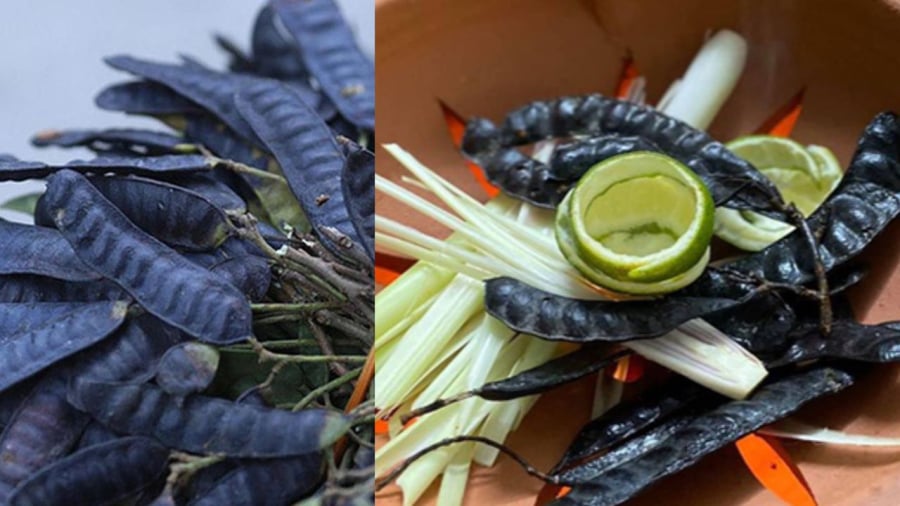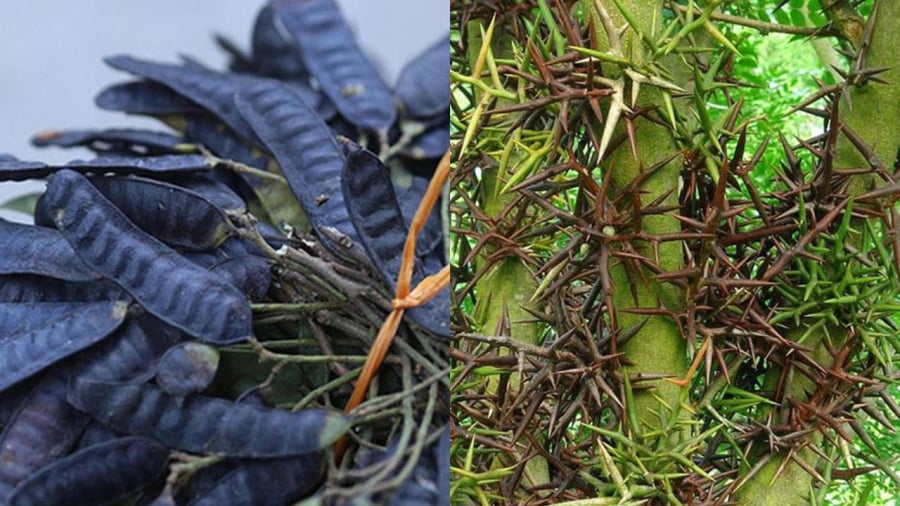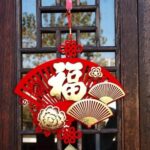The Many Uses of Soapnuts
Soapnuts are typically harvested towards the end of autumn, just before winter. In the old days, our ancestors would sun-dry these nuts and smoke them over the kitchen stove to ward off insects and preserve them for year-round use. Soapnuts have cleansing properties and can be used as a natural detergent for laundry and bathing.
Even today, many shampoos are made from soapnuts. The dried nuts are also used as a remedy for nasal congestion, sinusitis, and cough…
Soapnuts are a common remedy for stroke, boils, and scabies. The extract from soapnuts and their shells is an effective antifungal agent. Traditionally, soapnut spikes were also used as a unique tool to extract snails, characteristic of rural villages. The seeds of the soapnut are used orally in folk medicine to treat intestinal parasites.

Smudging with Soapnuts for Spiritual Cleansing
In spiritual feng shui, soapnuts are burned to create smoke for space clearing rituals, believed to dispel negative energies, and bring good fortune. Our ancestors would burn these nuts and smudge their homes, or bury them in ash to ward off any lingering spirits. This practice is especially common after funerals, when a new mother returns home, or when encountering potential bad luck, such as crossing paths with a funeral procession, visiting a cemetery, or returning from a hospital or prison.
Why You Should Avoid Planting Soapnut Trees
Despite their numerous benefits, soapnut trees were rarely planted near homes, especially in front of them. This is because these trees can grow into large, woody plants that obstruct views. Moreover, soapnut trees have intimidating thorns that pose a safety hazard, especially for curious children who might climb and play around them. These thorns are sharp and can cause painful injuries that may lead to infections.

The Dangers of Soapnut Tree Thorns
In feng shui, having a soapnut tree in front of your house is considered unlucky. The thorns create Sha Chi (negative energy), which can make people irritable and argumentative, leading to disharmony in the family. These thorns are believed to deplete the wealth and luck of the household. They may bring bad luck in business, cause marital problems, and even lead to wayward children. For these reasons, planting soapnut trees near homes was strongly discouraged in the past.
Additionally, soapnuts are edible, and children might be tempted to climb and harvest the nuts, risking painful and dangerous injuries from the thorns.
Therefore, our ancestors preferred to gather soapnuts from the wild or barren lands and bring them home for storage and regular use, rather than planting the trees themselves. It is recommended to plant trees that symbolize wealth and luck, such as money plants, orange trees, or Buddha’s hand citrons, in front of your house. Nowadays, soapnuts are typically harvested from forests or dedicated plantations, and they continue to be a convenient and effective way to bring good fortune and dispel bad luck in homes.
This information is for reference only and is based on traditional beliefs.
The Ancestors’ Admonition: “7 Don’t Bury Your Father, 8 Don’t Bury Your Mother” — A Reminder for the Descendants.
The ancient proverb, “7 does not bury their father, 8 does not bury their mother,” is a mysterious saying that has puzzled many. It is a phrase that requires deep insight and understanding to truly grasp its meaning. This intriguing proverb hints at a profound message about life, death, and the passage of time.



































